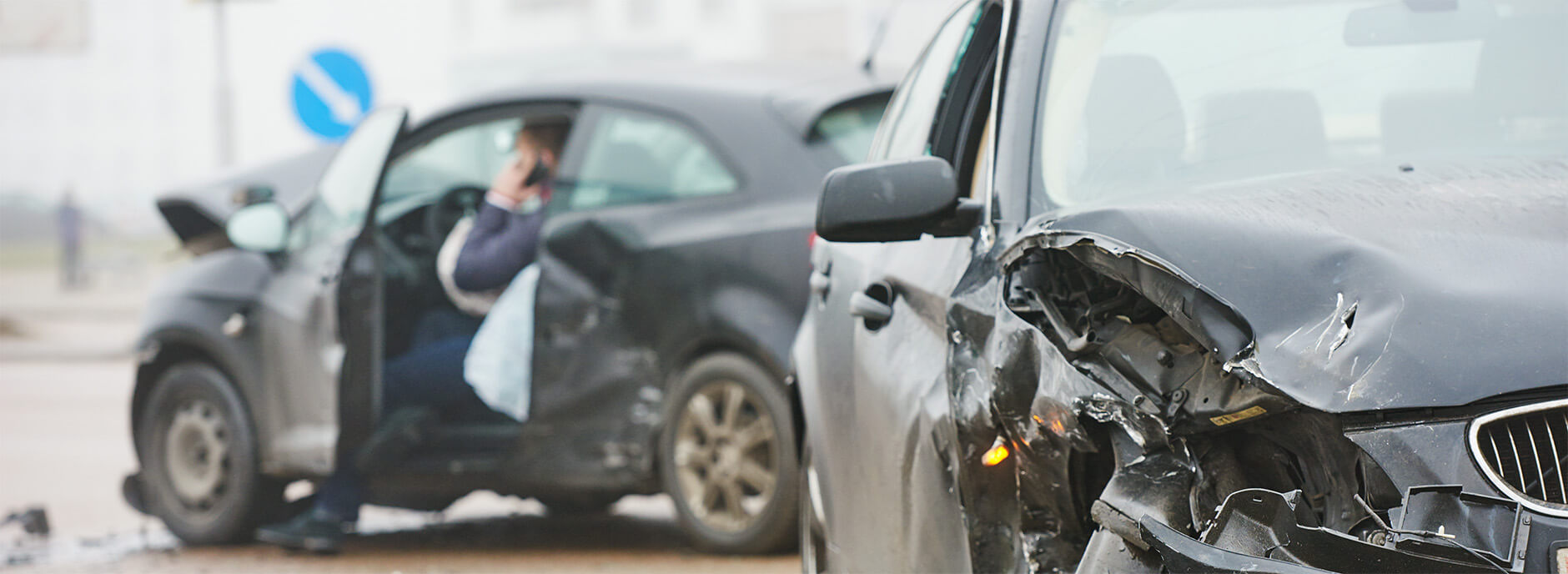Why Ace Law Group Is Your #1 Choice In Las Vegas?
The National Trial Lawyers: Top 40 Under 40
Avvo’s Clients’ Choice Award Rated 10.0 Superb By Avvo
We Offer FREE Case Evaluations
We Are Fluent In Spanish, Chinese & Korean
Our Team Is Dedicated To Winning
Superior Legal Representation At An Excellent Rate
Arrange A Free Consultation Today
When you retain our services, we will work at your side to identify the most effective strategy according to your unique circumstances. Guided by Patrick W. Kang, our founding attorney, we have compiled a record of success negotiating and litigating a range of personal injury disputes.
Contact Us
Arrange Your Free Personal Injury, Harassment Or Discrimination Claim With Ace Law Group By
Calling us at
or completing our online intake form not including Employment Law Cases
*Some Employment Law Cases Excluded
